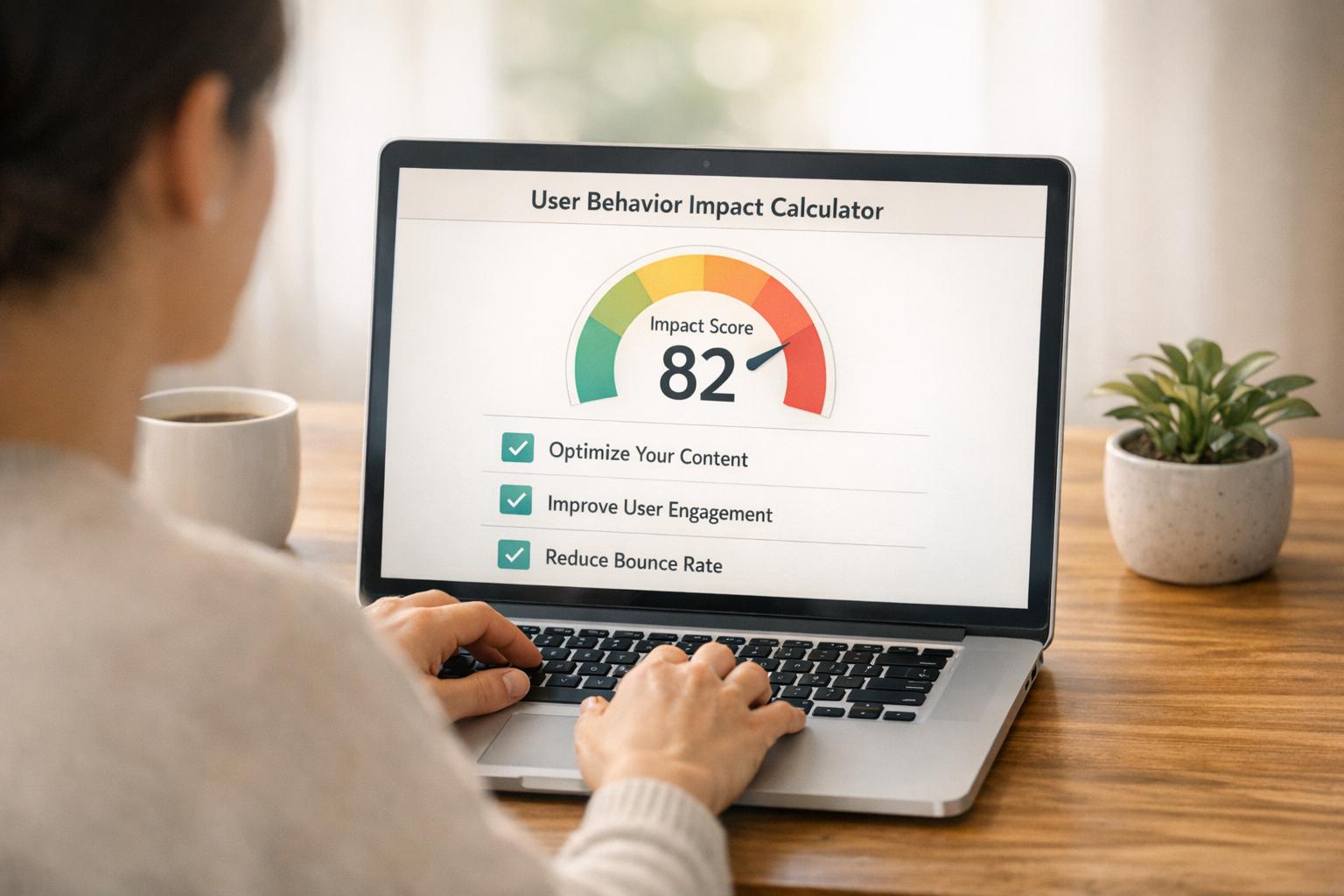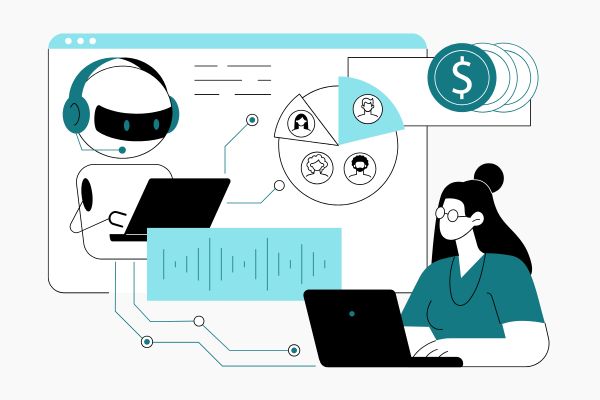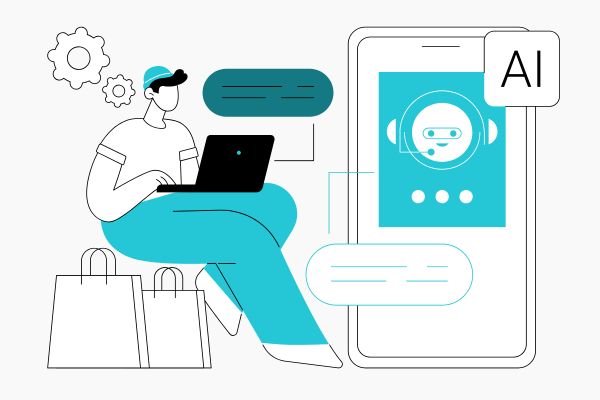

Expert Guide: How to Optimize Content for AI Search Engines

Expert Guide: How to Optimize Content for AI Search Engines
 18-07-2025 (Last modified: 06-08-2025)
18-07-2025 (Last modified: 06-08-2025)
Let’s talk about how to optimize content for AI search engines. As we gradually move deeper into the era of AI-driven search, mastering the art of content optimization for AI search engines is a no-brainer. In 2025, with Google, Bing, and other search engines harnessing advanced AI capabilities, traditional SEO strategies sadly no longer cut it and we need to evolve.
AI search engines analyze and understand context, intent, and relevance far better than our old-school, traditional keyword-focused systems. To succeed in 2025 onwards, your content needs to meet higher standards: authority, relevance, accuracy, and engagement. Welcome to the age of AI-powered search optimization.
Contents
- What are AI Search Engines?
- Why Optimizing for AI Search Engines Matters
- Core Principles of AI Content Optimization
- Advanced Techniques for AI Optimization
- Real-Life Examples of Successful AI Content Optimization
- Expert Insights and Advice
- Essential Tools for AI Content Optimization
- Key Metrics to Track
- Common Mistakes to Avoid
- Frequently Asked Questions (FAQs)
What are AI Search Engines?
AI search engines use machine learning, natural language processing (NLP), and semantic search capabilities to provide highly relevant, context-aware search results. Rather than simply matching keywords, they understand intent, context, and relationships between different pieces of content, enabling a more intuitive and human-like search experience.
Why Optimizing for AI Search Engines Matters
AI search fundamentally changes how content is ranked and displayed:
- Google’s MUM update (Multitask Unified Model) processes content contextually across languages and formats.
- Deep Search from Google generates expert-level, citation-backed summaries instantly.
- Conversational and semantic searches prioritize user intent and context over traditional keyword matches.
Quick Stat:
- By 2024, 50% of searches are expected to be voice or conversational, highlighting the need for contextually-rich content (Google, 2024).
Core Principles of AI Content Optimization
1. User Intent and Context First
AI-driven search engines emphasize delivering the exact answers users seek.
- Create content around clear user intents: informational, navigational, transactional, and commercial.
- Structure content logically and intuitively, aligned to the user journey.
2. Quality, Relevance, and Depth
- Craft comprehensive content covering multiple related queries.
- Demonstrate clear expertise, authority, and trustworthiness (EEAT).
- Maintain accuracy and regularly update your content.
Becky Halls, a UX & SEO specialist, highlights this clearly:
“AI-driven search engines prioritize content that offers depth, accuracy, and genuine value. If you’re just at surface-level you won’t perform well anymore.”
3. Semantic Optimization
- Go beyond traditional keywords; use synonyms, related terms, and semantic connections.
- Leverage structured data and schema markup to clarify content context to AI engines.

Advanced Techniques for AI Optimization
1. NLP and Conversational Content
- Write naturally, using conversational language users actually speak.
- Anticipate and explicitly answer follow-up questions.
2. Leverage Google’s AI Mode
Google’s AI Mode emphasizes conversational and contextual search experiences.
- Produce content that naturally fits into multi-layered conversations.
- Answer questions directly, clearly, and comprehensively within the content.
3. Entity Optimization
Entities are real-world objects or concepts AI identifies easily.
- Explicitly reference authoritative entities (brands, people, locations, etc.) in your content.
- Use entity-focused structured data markup.
4. Interactive and Dynamic Content
AI search values engagement metrics highly.
- Incorporate interactive elements (tools, quizzes, calculators).
- Offer dynamic content personalized to user behavior or location.
Real-Life Examples of Successful AI Content Optimization
HubSpot
HubSpot’s strategy of comprehensive topic clusters and pillar pages clearly demonstrates deep understanding of semantic relationships, resulting in outstanding visibility in AI-driven SERPs.
Healthline
Healthline provides authoritative, expert-reviewed medical content optimized for conversational and semantic queries, consistently dominating health-related search results.
NerdWallet
NerdWallet combines structured data, rich FAQs, and extensive topic coverage, making their financial content ideal for AI-driven search.
Expert Insights and Advice
Ian Naylor, Founder & Entrepreneur, emphasizes the transformative shift in SEO:
“Optimizing for AI means thinking about content differently. You need to think about what questions the user may ask and make sure you answer them in your content. Focus on user intent, conversational structure, and semantic relevance.”
Essential Tools for AI Content Optimization
- Google NLP API: Analyze content readability, sentiment, and semantic relevance.
- SEMrush & Ahrefs: Identify semantic keywords, entities, and competitive gaps.
- Frase & MarketMuse: Optimize content for semantic depth and relevance.
- Schema Markup Generators: Implement structured data accurately and efficiently.
Key Metrics to Track
- Dwell Time & Bounce Rate: Indicate content relevance and engagement.
- Conversational Search Impressions: Track via Google Search Console.
- Rich Snippet & Featured Snippet Visibility: Gauge content’s semantic relevance.
- User Feedback & Satisfaction Ratings: Directly correlate user engagement with AI search optimization success.
Common Mistakes to Avoid
- Ignoring conversational and semantic search optimization.
- Focusing solely on traditional keyword density.
- Neglecting regular content updates and accuracy checks.
- Missing out on structured data opportunities.
Frequently Asked Questions (FAQs)
Q: How does AI search differ from traditional search?
A: AI search prioritizes user intent, context, semantic understanding, and conversational interactions over simple keyword matches.
Q: Should I still use keywords in AI-optimized content?
A: Yes, but focus more on natural, conversational language and semantic relationships than strict keyword repetition.
Q: How important is structured data for AI search optimization?
A: Extremely important. Structured data helps AI engines clearly understand your content context, boosting visibility.
Q: Does content length matter for AI optimization?
A: Depth matters more than length. Provide thorough, authoritative coverage, addressing user queries comprehensively.
Q: How frequently should I update my content for AI search engines?
A: Regularly. Frequent updates maintain accuracy, authority, and relevance – crucial for high AI search rankings.
Final Thoughts on How To Optimize Content For AI Search Engines
Optimizing content for AI search engines isn’t merely about ticking technical boxes. It’s a strategic, comprehensive approach focused on quality, context, user intent, and semantic relevance.
Embrace these techniques to transform your SEO strategy, making your content irresistible not just to search engines, but to users seeking genuine value. In the era of AI search, authority, expertise, and user-centric content will always reign supreme.
say hello to easy Content Testing
try PageTest.AI tool for free
Start making the most of your websites traffic and optimize your content and CTAs.
Related Posts

 12-02-2026
12-02-2026
 Ian Naylor
Ian Naylor
SEO Content Optimization Planner
Create search-friendly content with our SEO Content Optimization Planner. Get a custom plan to rank higher—try it free today!

 10-02-2026
10-02-2026
 Ian Naylor
Ian Naylor
User Behavior Impact Calculator
Discover how user behavior affects your site’s success with our free calculator. Get your impact score and tailored tips to boost performance!

 09-02-2026
09-02-2026
 Ian Naylor
Ian Naylor
Content Variation Idea Generator
Struggling with fresh content ideas? Use our Content Variation Idea Generator to brainstorm unique angles and formats tailored to your audience!


